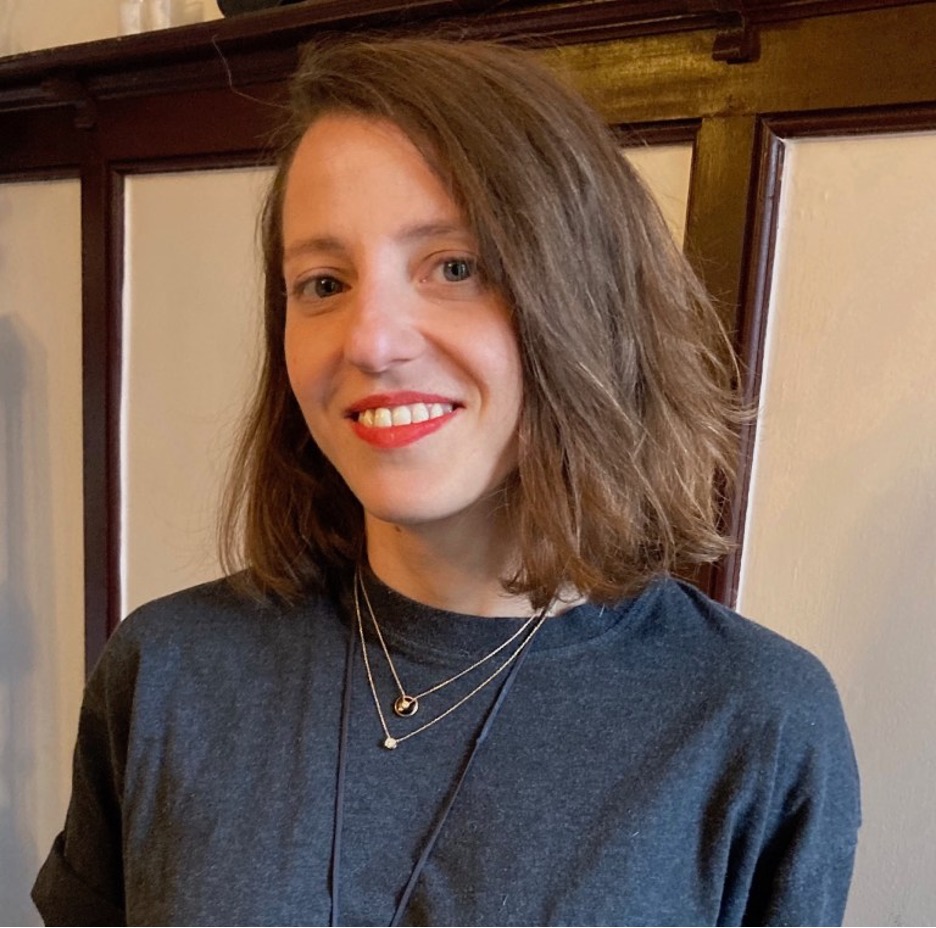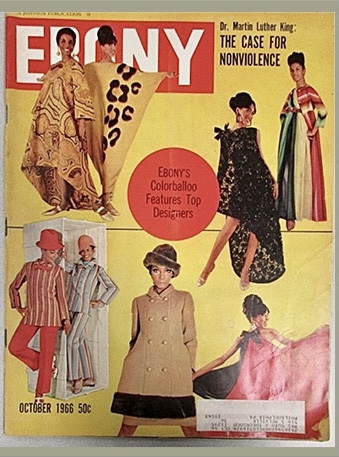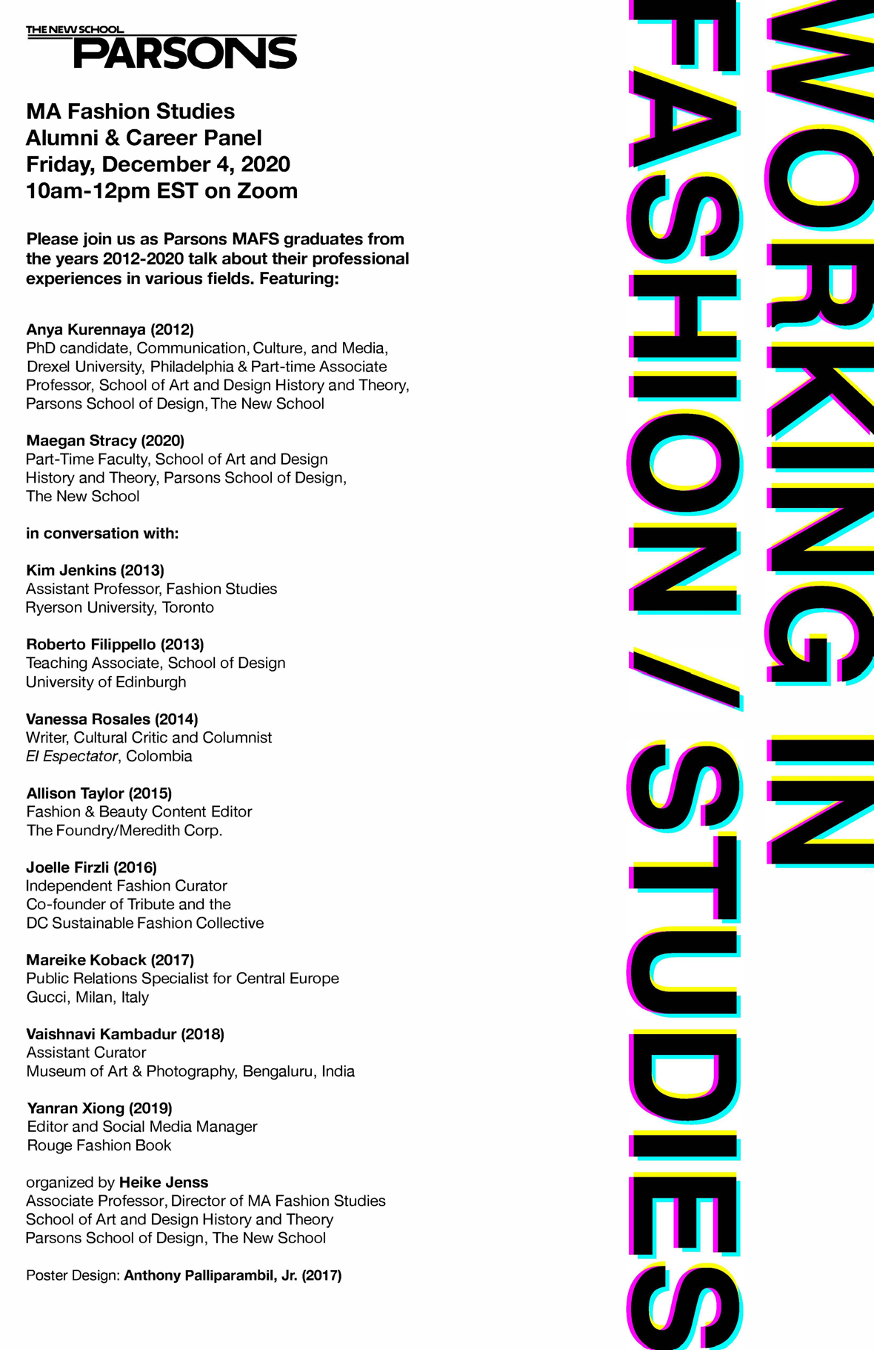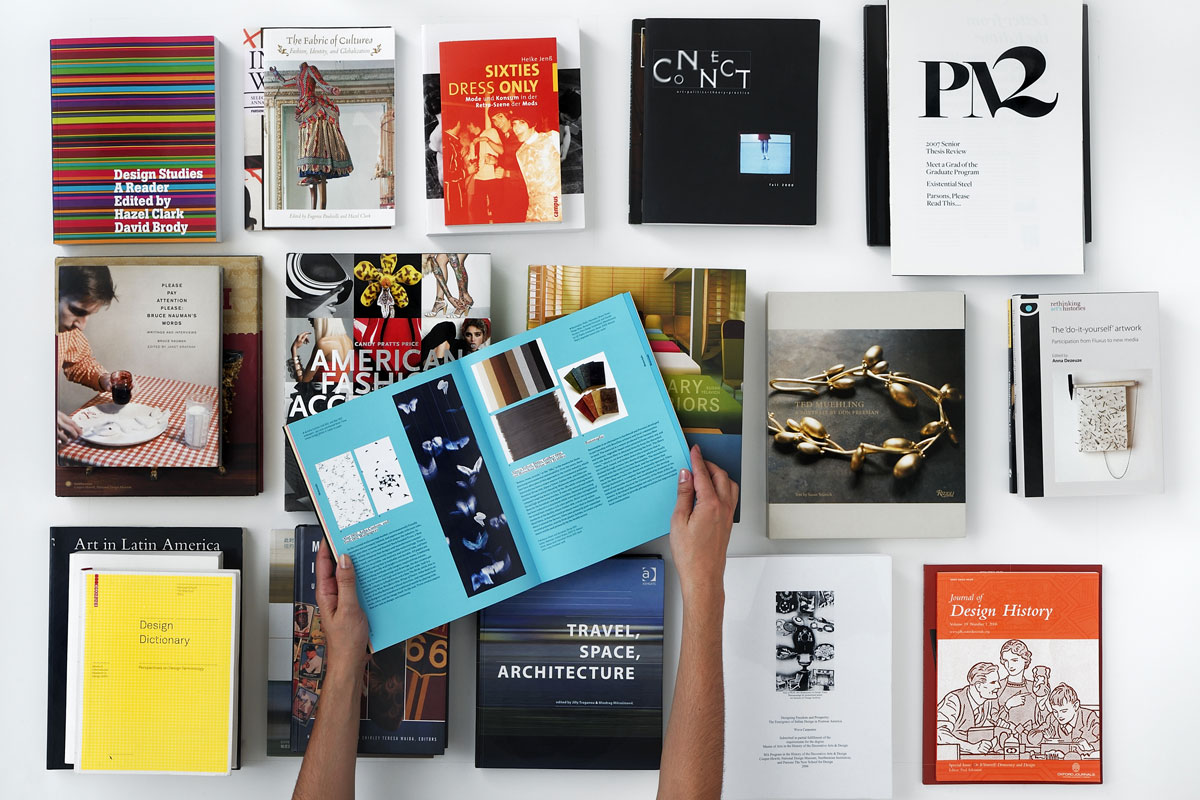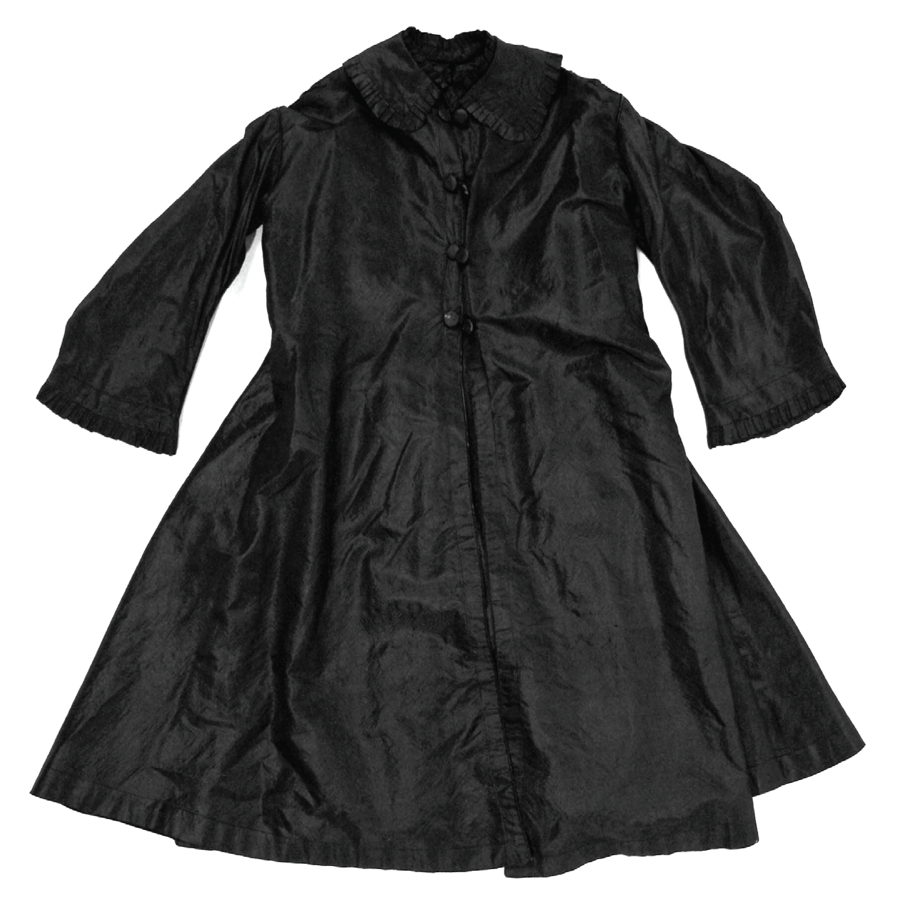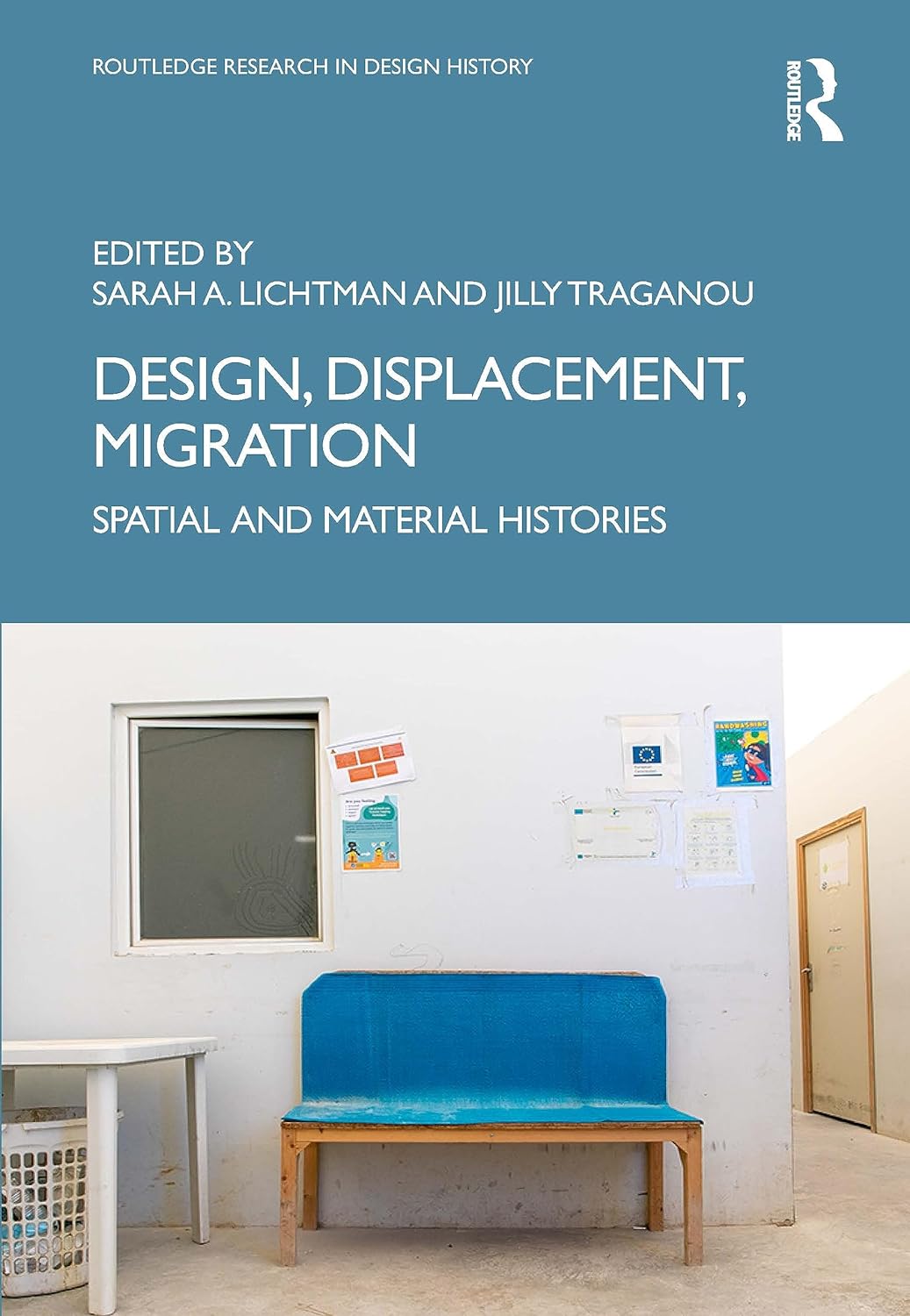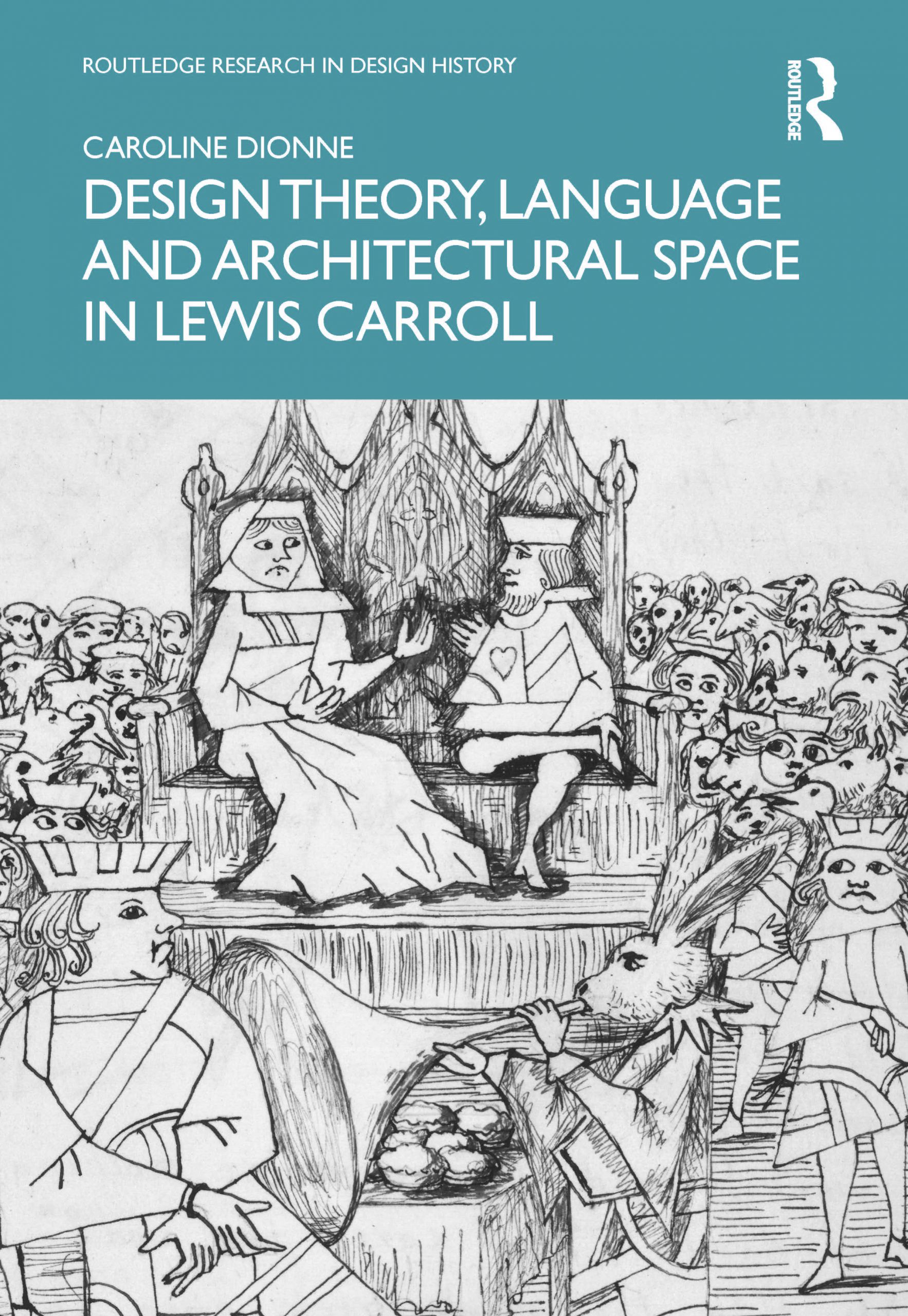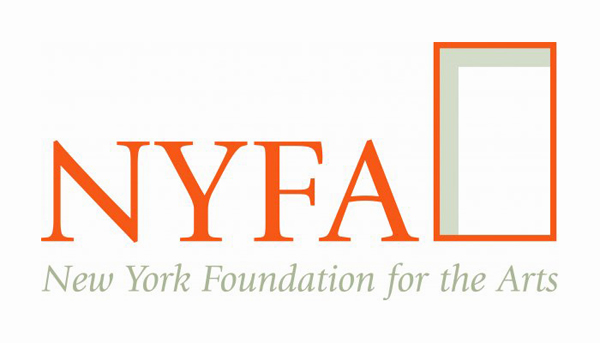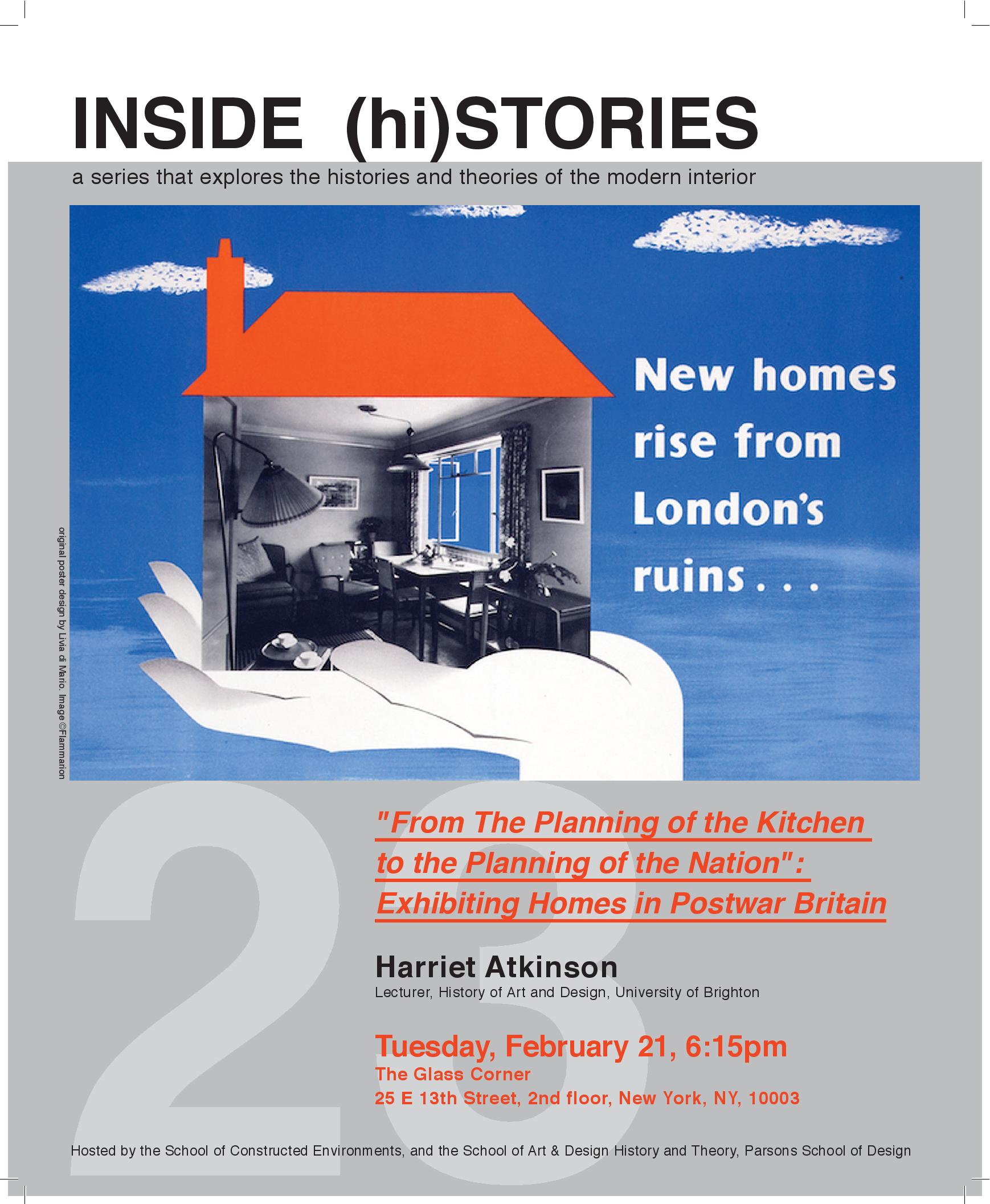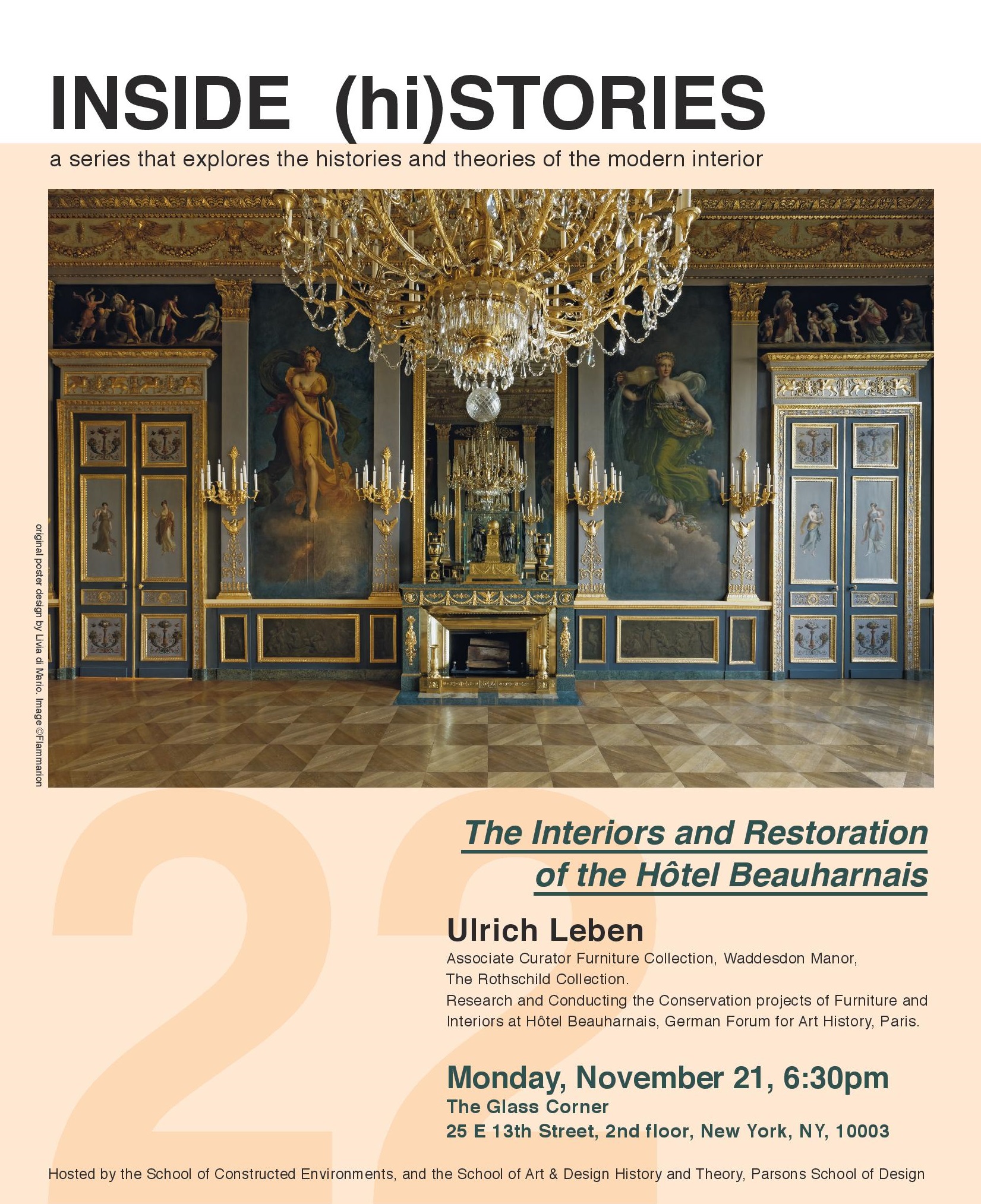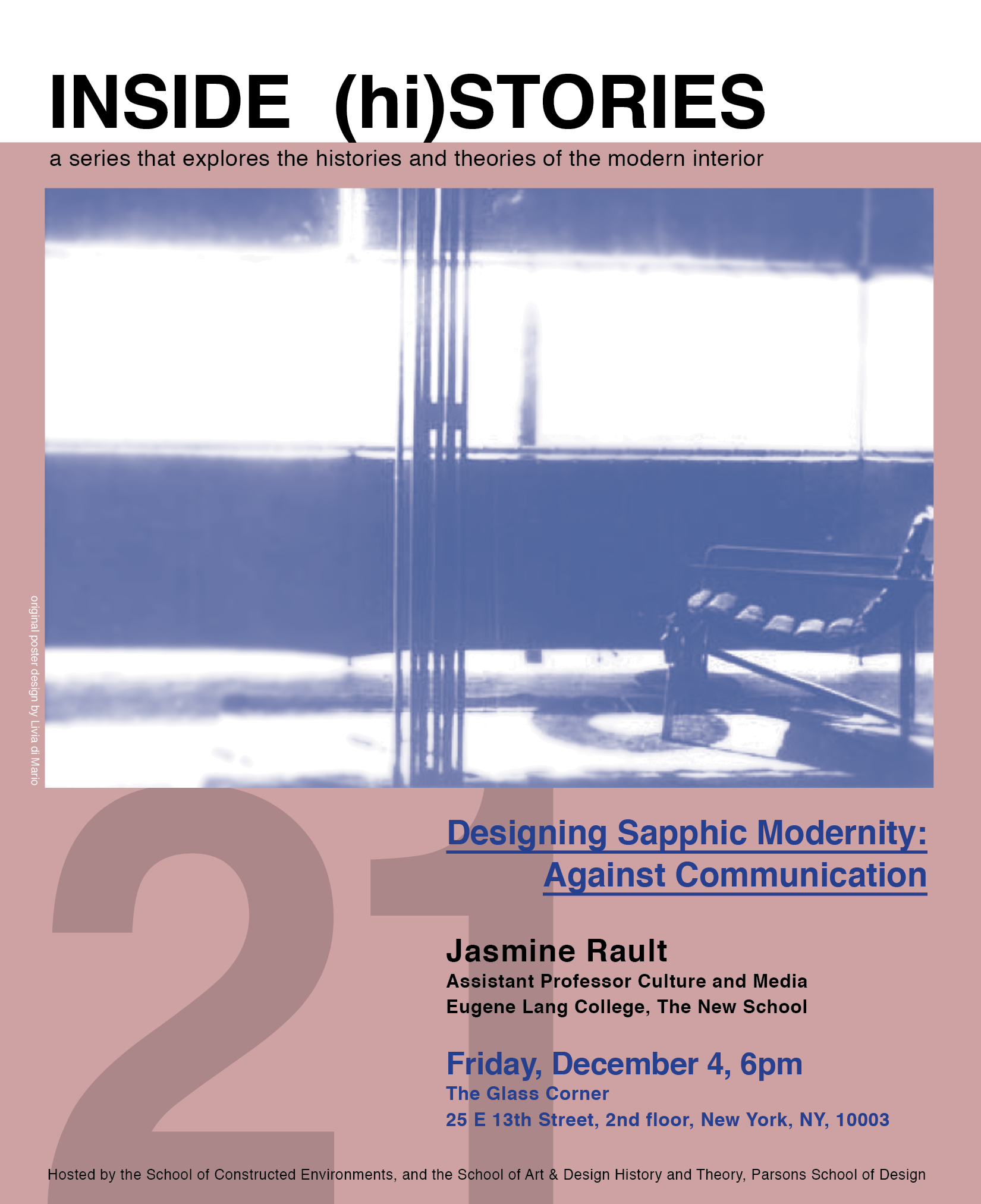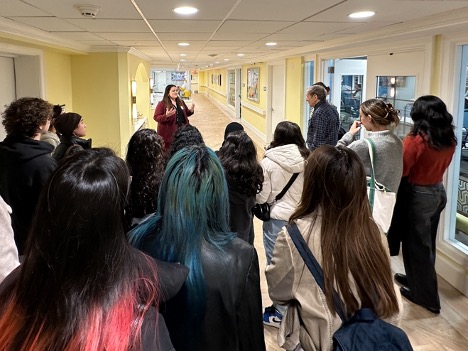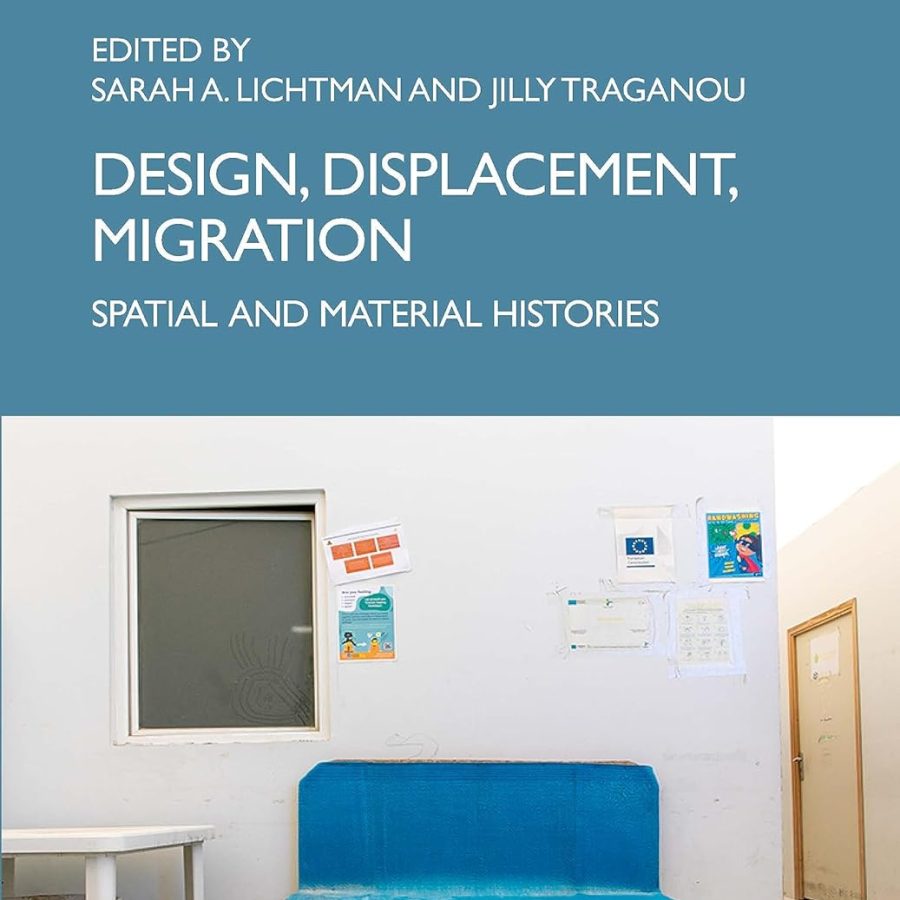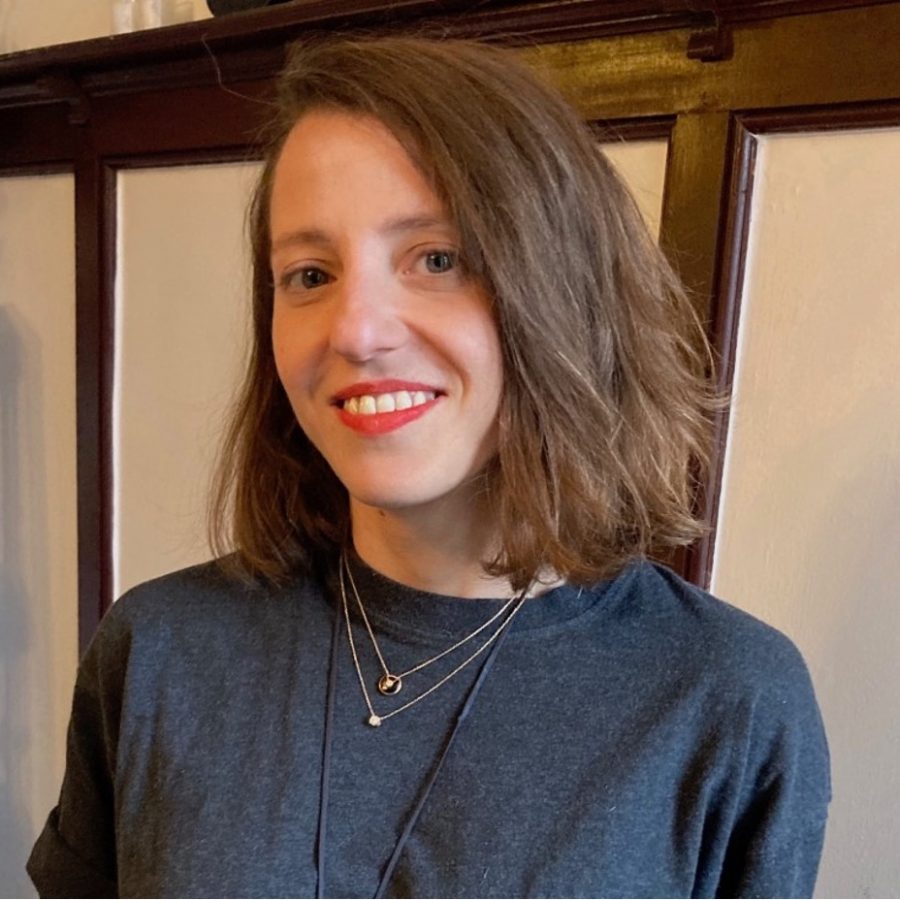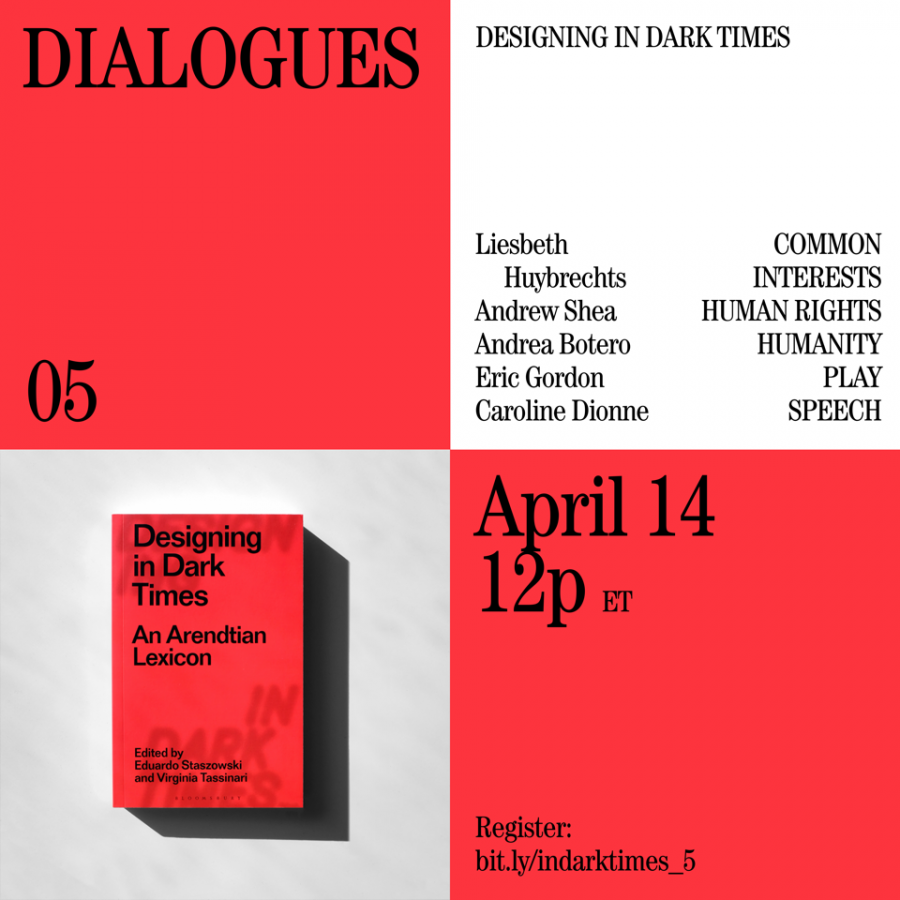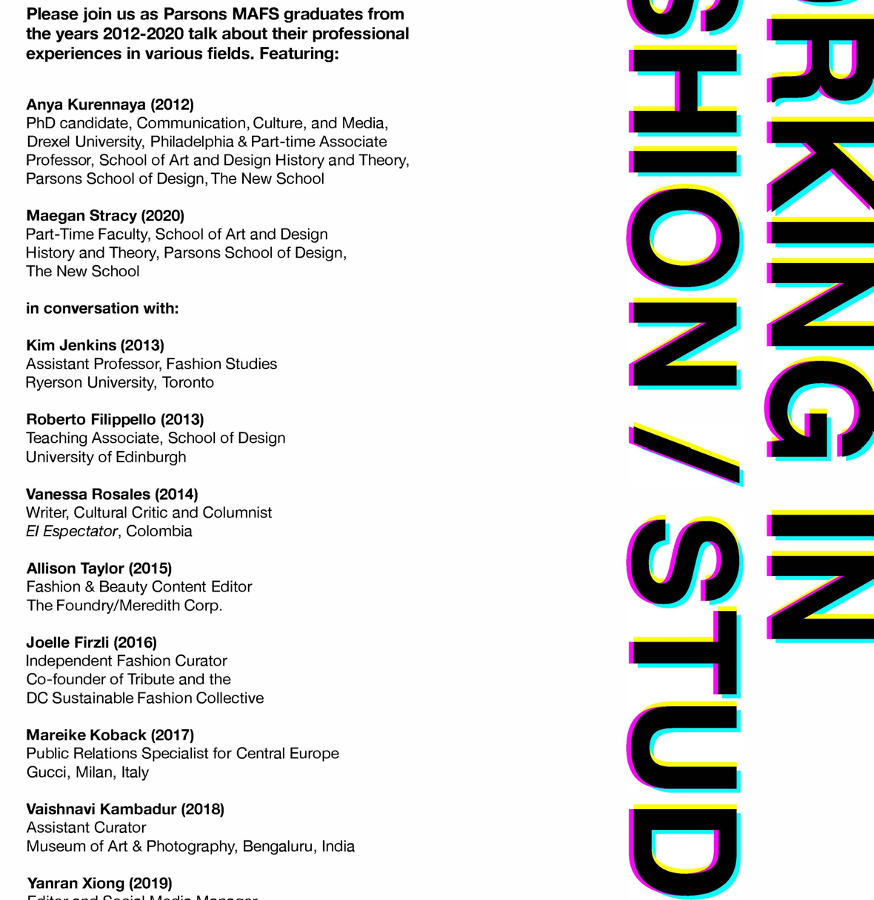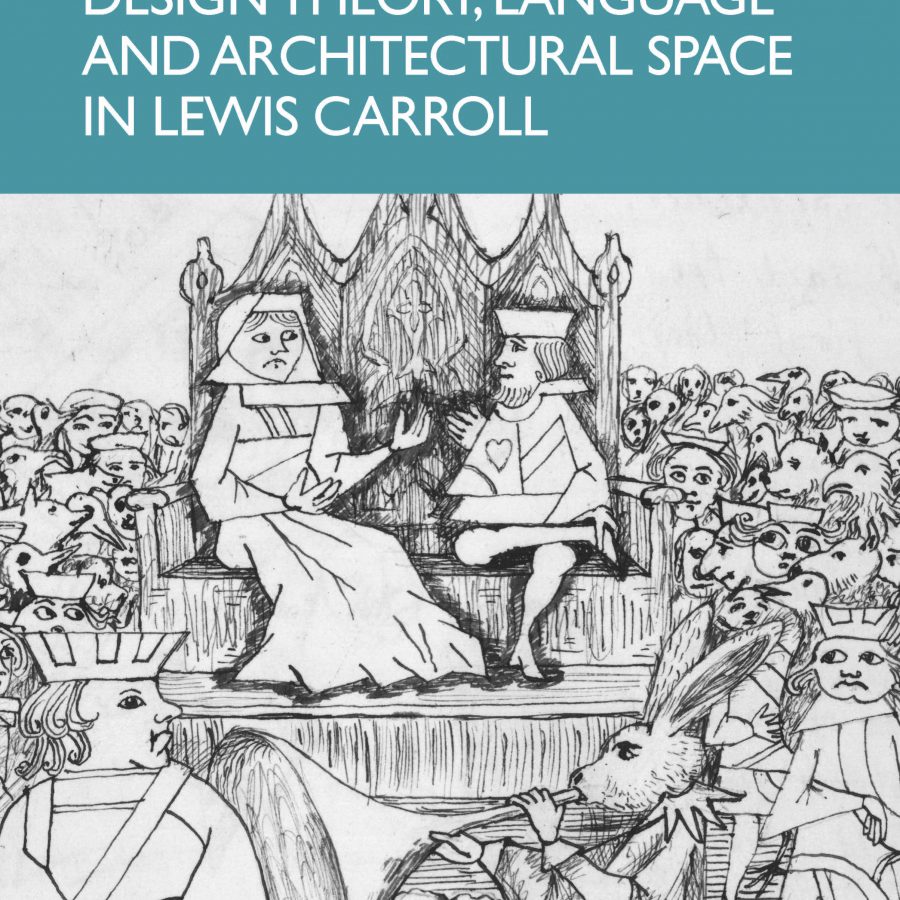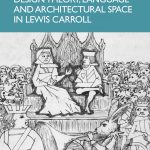So, Design Studies… You are probably asking yourselves what is Design studies. Well…I don’t have an easy, straightforward answer to this question. However, this is what I can tell you after two years of studying design.
Think about the fork you used to eat yesterday’s lunch. Yes, the fork. Just …go with it.
Think about how its shape and size fit perfectly in your mouth and hand—so perfectly that you almost did not pay attention to it until I asked you to think about it.
Now think about how this shape and size determines the amount of food you eat in every bite, hence how you eat and how meals occur.
That…. is design studies.
Now think about the materials and the process in which this fork was produced. Was it part of an assembly line that involved a system of mass production and distribution, and in that sense, considers labor and environmental issues?
Or is it the outcome of a relation that evolved over time between an individual or a community with a material and a craft?
All of these processes and the status they have in the market are also design studies.
Think about chopsticks and how both forks and chopsticks are elements of cultural practices that keep changing and redefining themselves.
Think about how these items can easily be linked to national narratives and to collective identities as symbols. And how they can help sediment or challenge given power relations.
That…. is… also design studies.
Think also of the designer who, via the fork, expressed her ideas regarding who we are and how we should eat.
Also think about the person that purchases this fork (and probably the spoon and knife, I mean the whole set). Think, too, how this act of consumption allowed her to define her identity: to express some sense of uniqueness.
And think about the trucks, the stores, the freezers and the vegetable stands that feed the fork, and the people who use it.
Guess what… that is also design studies.
Finally…forget the fork and think about streets, buildings and cities. Think about services and infrastructures; think about technologies and games.
All that I brought up about the fork applies to any design, any thing, That a thing is more than a thing. Think of design as systems or assemblages that change over time.
That these systems and the nodes that make up the systems never act alone; that they are always part of bigger networks that include other objects and humans.
Think now about all the possible assemblages that have not yet been designed; think about what design could be.
That is also design studies.
On behalf of my classmates I want to thank Jilly, Susan, Clive and Barbara for helping us carry forward this two-year conversation about design.
To all our teachers: thank you for joining this conversation. To our fellow students in our program and other programs: thank you for helping us to keep the conversation going beyond classes.
I personally want to thank Jilly, Susan and Clive for the long conversations and the many times I left their offices even more confused that when I got there; because confusion is an obligatory step in the way to understanding.
I want to thank Michelle and Ethan for the opportunity they gave me to teach. It was challenging, terrifying and ultimately incredibly rewarding. I also want to thank my family and friends for supporting me in so many different ways.
And last but not the least, I want to thank my classmates and now friends because you made it possible and you made it fun.
Thank you and congratulation to you all!
